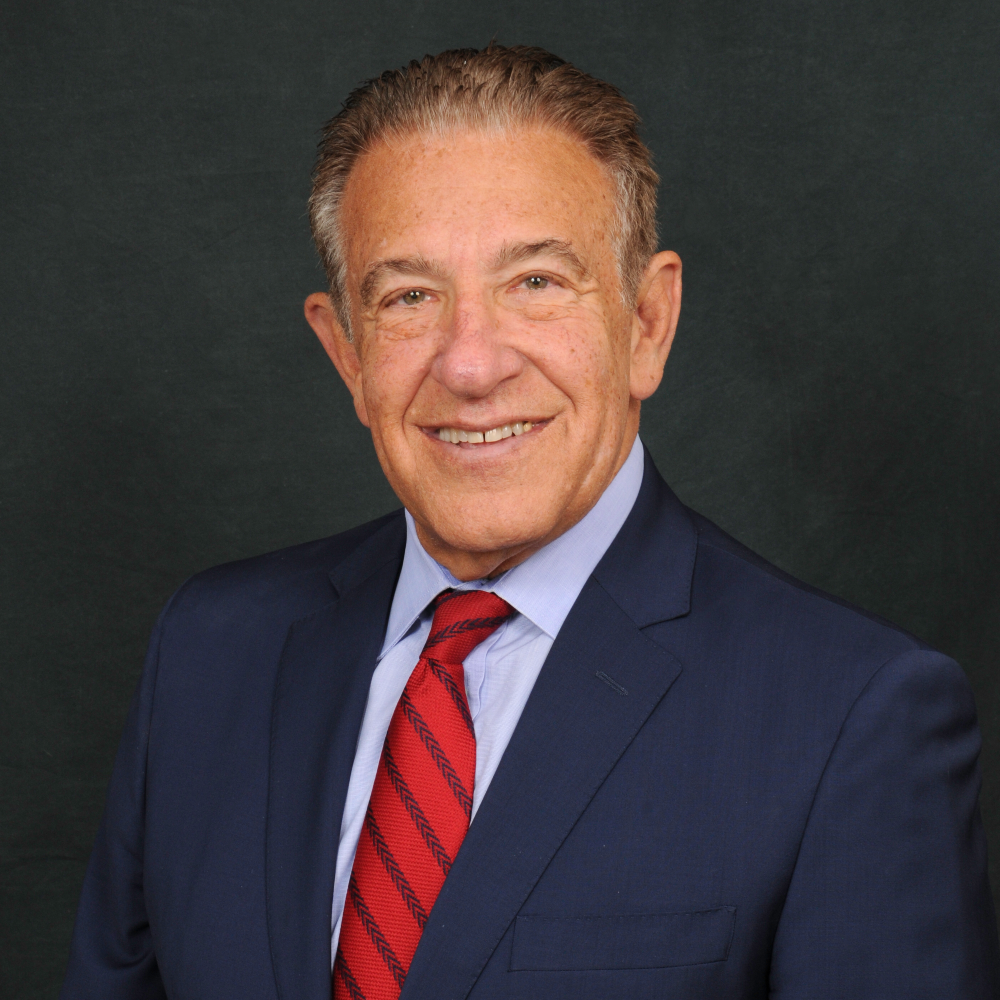Living with MS is a unique and different experience for each person it affects. No two people will have exactly the same symptoms or disease course, but many still find commonalities in their experiences and feelings when it comes to the condition. MS tries to bring a lot of baggage with it, but many find ways to cope and manage the disease in their own way that works for them. This is done with the help and support of healthcare professionals, family, friends, and others in the MS community. As we focus on some of the ABCs of MS this month according to each person’s view of it, I’ve highlighted some factors I’ve seen relate to MS below.
A: Some of the A’s I’ve seen correlate to MS include Acceptance, Adapting, and Adjusting. Hearing a diagnosis of MS brings a period of trying to accept the diagnosis and coming to terms with it. Acceptance is not an easy feat and can take time. It can come in waves and show up again at later points in the disease course too. So, it’s a step that individuals may find themselves faced with multiple times. Finding ways to help accept it can look different and change too and is unique to each person. Adapting and adjusting to some of the changes MS can create is something people find themselves doing often as well. Making changes and modifying things can help maintain balance and expectations. If routines/schedules/tasks need adjusting to help fit your needs better, take time to make these changes so they work for you.
B: B’s associated with MS can include Building and Backup. Building relates to the education and knowledge piece of MS. Building upon information about the disease and continuously learning new facts and resources is an important piece to the process. Continue to build upon your strengths and goals and finding what you enjoy too. Backup refers to the support you put behind you when dealing with MS. Whether it be your own skillsets and strengths, support from others within your circle, education and resources, and health information. It never hurts to have a little backup when needed.
C: The C’s related to MS incorporate Community and Care. Within the MS space there is a great sense of community that many individuals rely and depend on for support. It is vast and has many layers that consist of healthcare teams, MS organizations, peer and familial support, counseling help, and other pieces individuals connect with throughout their MS journey. Community support is a great tool in helping to manage the disease and finding assistance. Care is a crucial piece to the puzzle as well. Finding healthcare, personal, wellness, and emotional care aid is significant in helping cope with the disease and all its factors.
It’s hard to imagine that one disease can have so many differing views of it and be experienced in such vastly different ways, but MS can and does. But no matter how unique each person’s course of it is, there’s still so much to connect and relate to about it. No one is alone in this.




